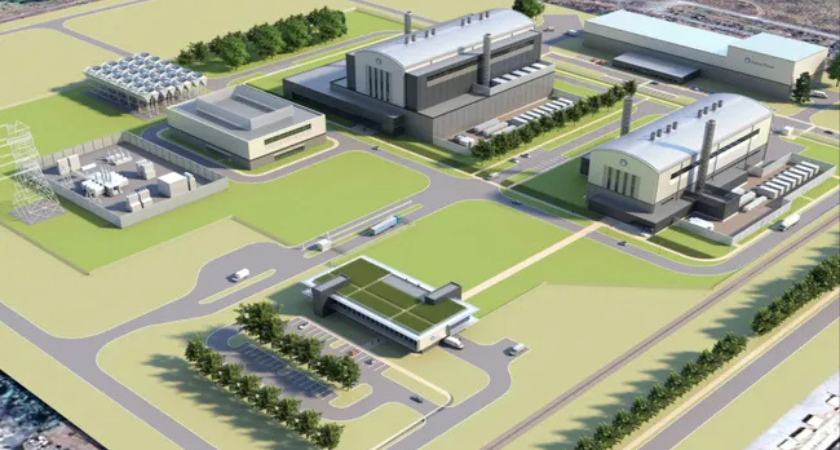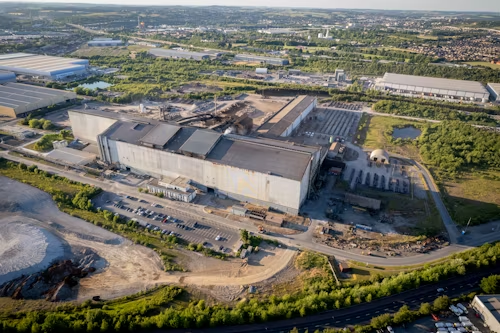
Google is turning to nuclear energy to help power its growing cloud and AI infrastructure. The tech giant has announced a partnership with Kairos Power and the Tennessee Valley Authority (TVA) to develop a small modular nuclear reactor in Oak Ridge, Tennessee—a city with deep roots in nuclear research and innovation.

The planned Hermes 2 facility is expected to begin operations in 2030 and generate up to 50 megawatts of electricity for the TVA grid. That power will directly support Google’s data centers in Tennessee and Alabama, which play a crucial role in running its cloud storage, hosting services, and rapidly expanding suite of artificial intelligence tools.
The collaboration takes the form of a power purchase agreement, in which TVA will buy the electricity from Kairos Power and provide Google with the clean energy credits. This marks the first time a U.S. utility has agreed to purchase power from a Generation IV nuclear reactor, a milestone that energy leaders see as a potential model for future partnerships.
“Nuclear is the bedrock of the future of energy security. Google stepping in and helping shoulder the burden of the cost and risk for first-of-a-kind nuclear projects... it’s not just good for Google. It’s good for TVA’s 10 million customers. It’s good for the United States,” said Don Moul, CEO of TVA.
While the 50 MW output is only a fraction of the 500 MW Google has targeted as its long-term goal, company executives describe Hermes 2 as a proof of concept for how advanced nuclear can be integrated into tech infrastructure. Unlike solar and wind, which are dependent on weather, nuclear offers consistent, around-the-clock power—a critical need for data centers operating nonstop.

“To power the future, we need to grow the availability of smart, firm energy sources... This collaboration with TVA, Kairos Power, and the Oak Ridge community will accelerate the deployment of innovative nuclear technologies,” said Amanda Peterson Corio, Google’s Global Head of Data Center Energy.
The project is also expected to deliver economic benefits to the Oak Ridge region, which has a long history as a hub for nuclear science dating back to the Manhattan Project. New training programs with the University of Tennessee and other local institutions will prepare workers for specialized technical jobs at the Hermes 2 plant.
“This collaboration is an important enabler to making advanced nuclear energy commercially competitive,” said Mike Laufer, CEO and co-founder of Kairos Power.
“Tennessee’s legacy of nuclear innovation positions the Volunteer State to lead America’s energy dominance and drive continued economic growth with safe, clean, and reliable nuclear energy,” said Governor Bill Lee.
Despite the enthusiasm, observers note that nuclear construction in the U.S. has historically been plagued by delays and cost overruns, raising questions about whether this new generation of reactors can truly deliver affordable, reliable power at scale. Critics argue that proven renewable technologies could be a safer bet, but Google’s willingness to invest signals growing confidence in nuclear’s role as part of a diversified clean energy strategy.
The Hermes 2 project reflects a broader industry trend: tech giants are competing to secure firm, carbon-free energy sources to support the skyrocketing demand for cloud computing and AI. With competitors like Microsoft exploring nuclear partnerships as well, Tennessee may become a national proving ground for next-generation energy infrastructure.
Originally reported by Efosa Udinmwen in Tech Radar.